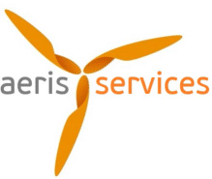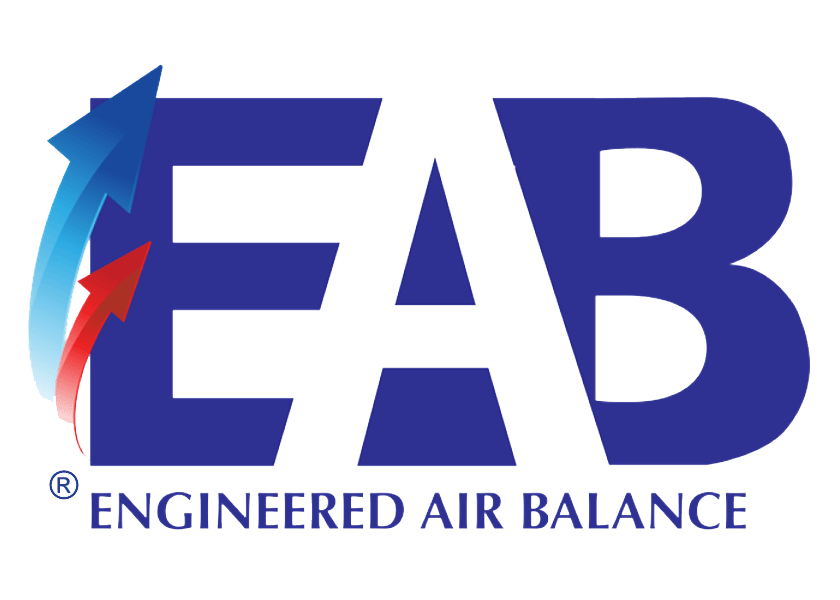As a leader, you’ve achieved significant milestones and fostered growth within your organization. However, a critical aspect that is often overlooked on the journey to success is succession planning. It’s the realization that you must look beyond yourself and your present role and make provision for long term profitability. Drawing inspiration from the wisdom of Jim Collins in “Good to Great” and John Maxwell’s insights in “Equipping 101,” this article will guide you on who and how to evaluate for succession planning and why it matters.
What is succession planning
Succession planning is the process of identifying and developing potential leaders within your organization. It is about positioning people for a purpose to ensure a smooth transition when key roles become vacant. While it’s easy to focus on the present, effective leaders understand the necessity of looking ahead.
Here’s why succession planning matters:
- Continuity: A well-thought-out succession plan ensures that when key leaders retire or move on your organization can continue to operate under the guidance of individuals that, in your absence, will maintain and advance your business with the same values and vision as current leadership.
- Sustainable Growth: Succession planning ensures that your organization can maintain its growth trajectory over the long term. It prevents disruptions caused by sudden leadership vacuums.
- Adaptability: A well-prepared pool of future leaders ensures your organization’s adaptability in the face of change and uncertainty.
- Talent Development: It fosters a culture of continuous learning and development, attracting and retaining top talent who appreciate opportunities for advancement.
- Risk Mitigation: It minimizes the risk associated with sudden leadership gaps, allowing for a more controlled and less disruptive transition.
- Strategic Alignment: Succession planning aligns future leadership with your organization’s strategic objectives and brand identity.
- Competitive Advantage: Organizations with robust succession plans are better positioned to outperform competitors and navigate industry challenges.
Now that you understand why succession planning is crucial, let’s delve into who and how to evaluate for this vital process.
Who to Evaluate for Succession Planning
- High-Potential Employees: Identify individuals within your organization who exhibit strong leadership potential. Look for qualities such as willingness to take ownership of outcomes, readily open to and willing to offer feedback, initiative, adaptability, and a commitment to personal growth. Jim Collins, in “Good to Great,” refers to these individuals as “Level 5 Leaders” – those who combine personal humility with unwavering professional will.
- Current Leaders: Assess your existing leadership team. Who among them possesses the skills, experience, and qualities necessary to take on more significant roles in the future? John Maxwell, in “Equipping 101,” emphasizes the importance of equipping current leaders to identify and nurture emerging leaders. Look for leaders that routinely help you “spin up talent”.
- Diversity of Thought: Draw upon those with different perspectives and experiences. Consider individuals from various backgrounds and demographics.
- Cross-Functional Teams: Look beyond your own department or team. Identify potential leaders from different areas of the organization. Seek out individuals who have demonstrated their ability to collaborate, adapt to new challenges, and help in other areas beyond their primary role.
- Mentees and Protégés: Individuals who have participated in mentorship or leadership development programs within your organization often make excellent candidates for succession planning.
How to Evaluate for Succession Planning
- Assessment of Skills and Competencies: Evaluate potential successors based on the skills and competencies required for leadership roles. Consider conducting regular performance assessments and 360-degree feedback reviews to identify areas for improvement.
- Leadership Development Programs: Implement leadership development programs that provide high-potential employees with the knowledge, skills, and experiences needed to assume leadership roles. These programs can include mentoring, coaching, and training opportunities.
- Identify Gaps: Identify any skill or experience gaps between potential successors and the requirements of leadership roles. Develop personalized development plans to bridge these gaps.
- Leadership Tests: John Maxwell suggests using leadership tests and assessments to gauge an individual’s leadership aptitude. These tools can provide valuable insights into a person’s leadership style, strengths, and areas for growth.
- Succession Interviews: Conduct succession interviews with potential leaders to assess their readiness and commitment to leadership roles. Ask about their long-term career goals and their vision for the organization.
- Feedback and Evaluation: Encourage open and honest feedback from current leaders and mentors. Regularly evaluate potential successors’ progress and adjust development plans as needed.
- Trial Opportunities: Provide opportunities for potential successors to take on leadership responsibilities on a smaller scale, such as leading projects or teams. This allows you to assess their abilities in real-world scenarios.
Succession planning is not just a prudent business strategy; it’s a responsibility that effective leaders embrace. By focusing on high-potential employees, nurturing current leaders, embracing diversity of thought, and employing rigorous evaluation processes, you can ensure that your organization has a pipeline of capable leaders ready to lead it into the future. In doing so, you secure the long-term success and sustainability of your company, leaving a legacy of effective leadership.
Houston business owners and executives come to Achilles Group, Houston’s Trusted HR Advisor, to build a solid HR infrastructure and to equip their leadership teams with the philosophies, principles and disciplines they need to be effective and profitable. If you are not already a part of the Achilles Group family of clients and want to find out how we can help you with our HR solutions, contact us at:
Achilles Group Contact Form
Call at 281-469-1800
We would love to hear from you.














































